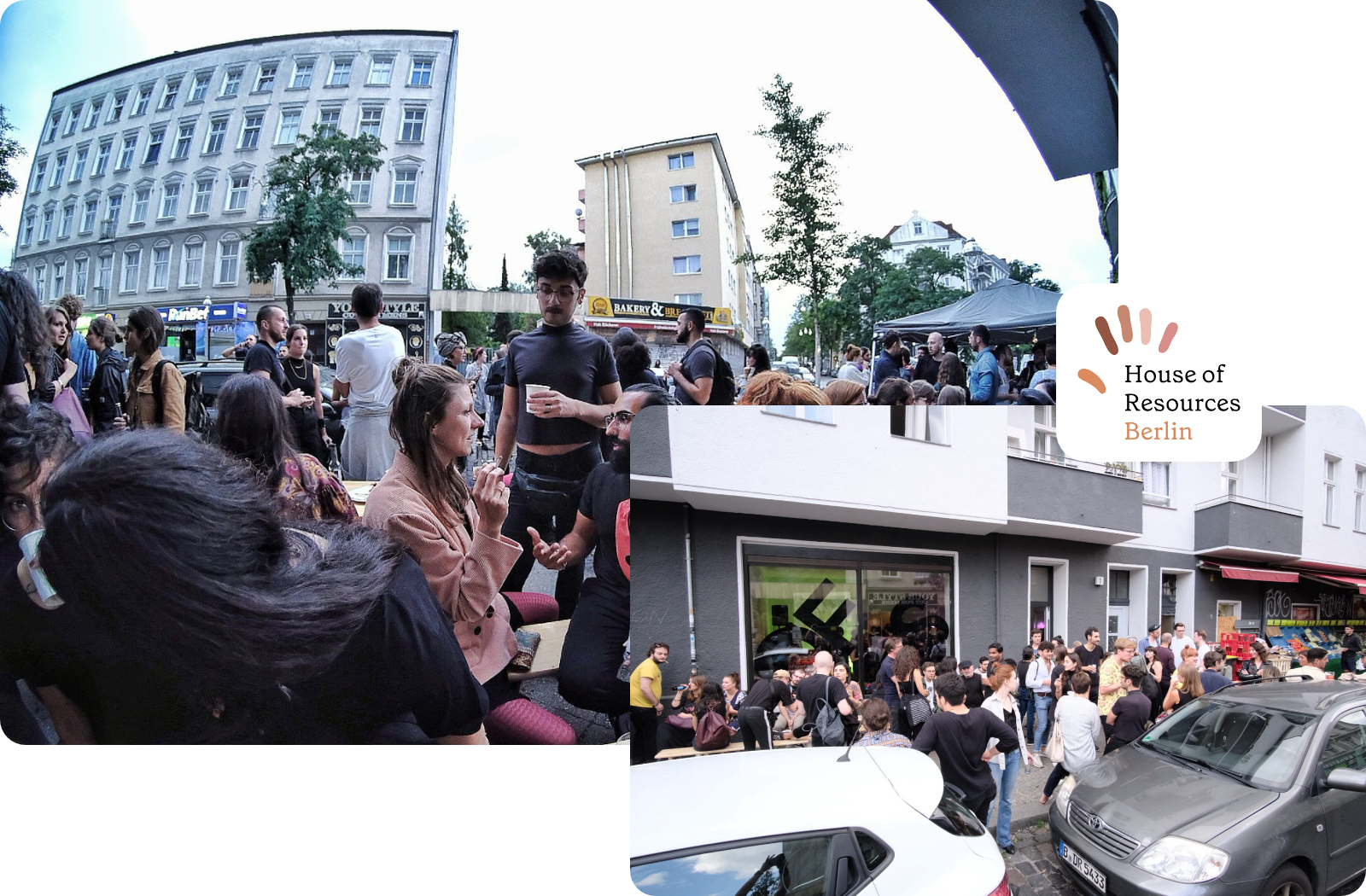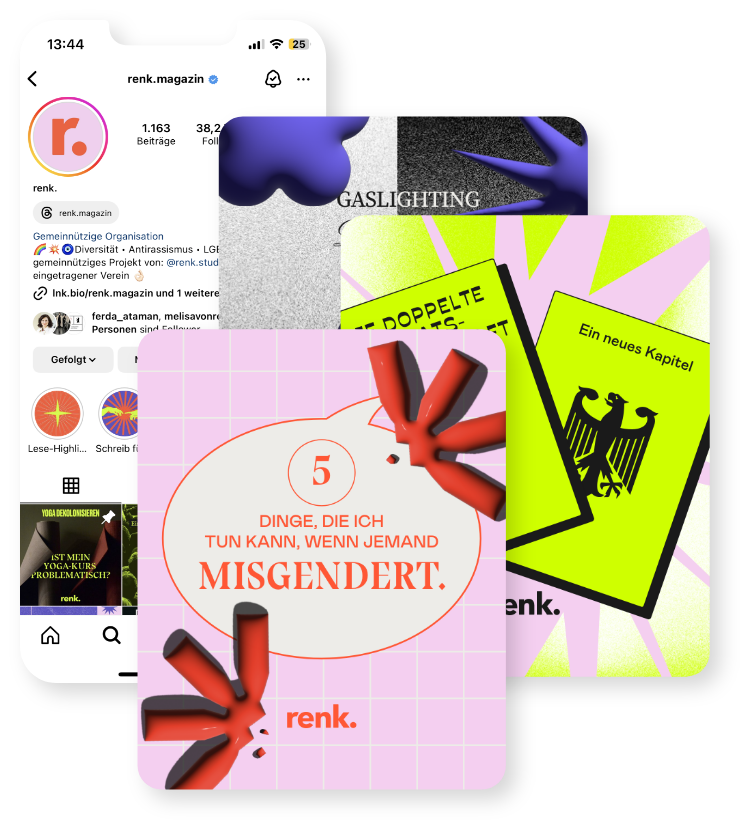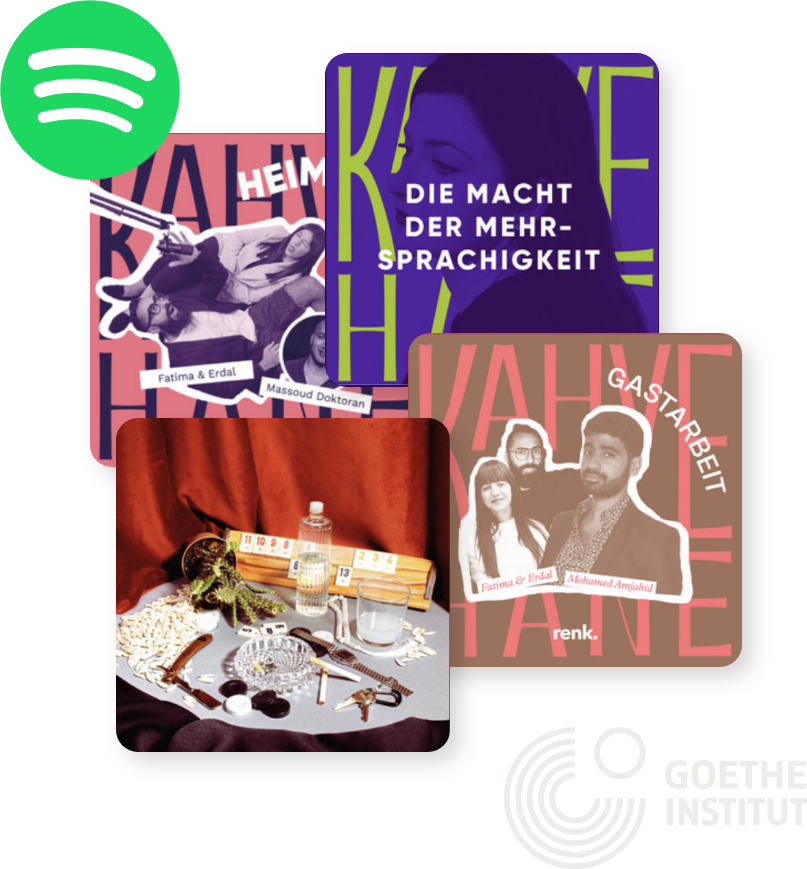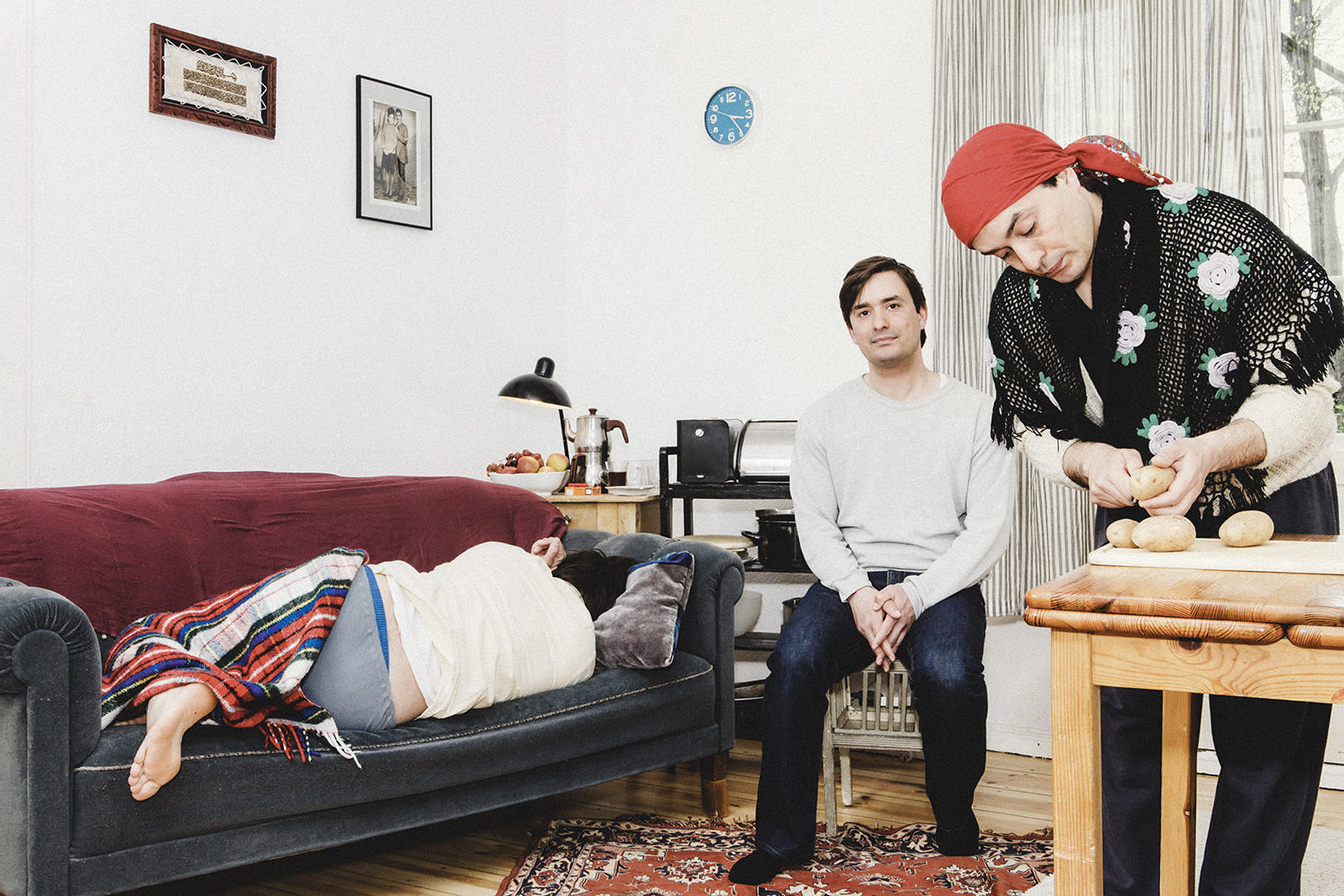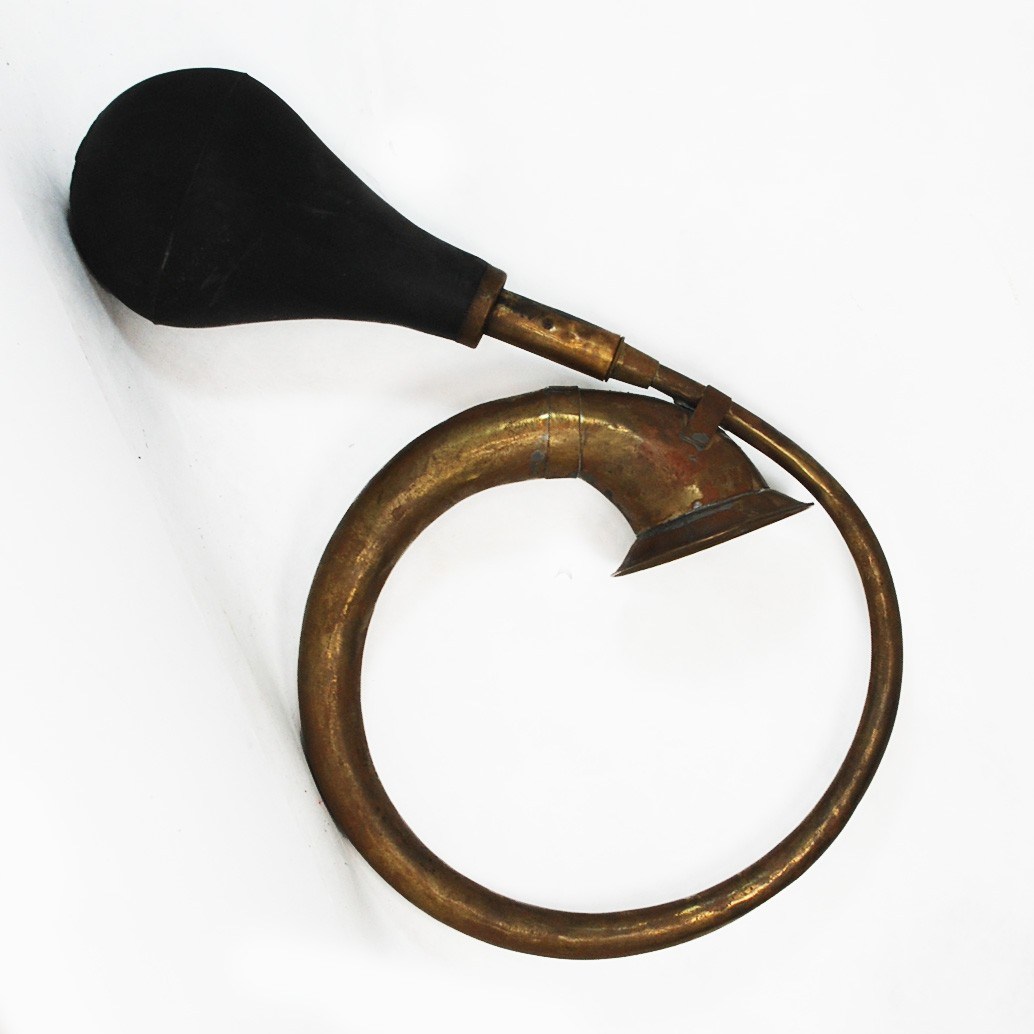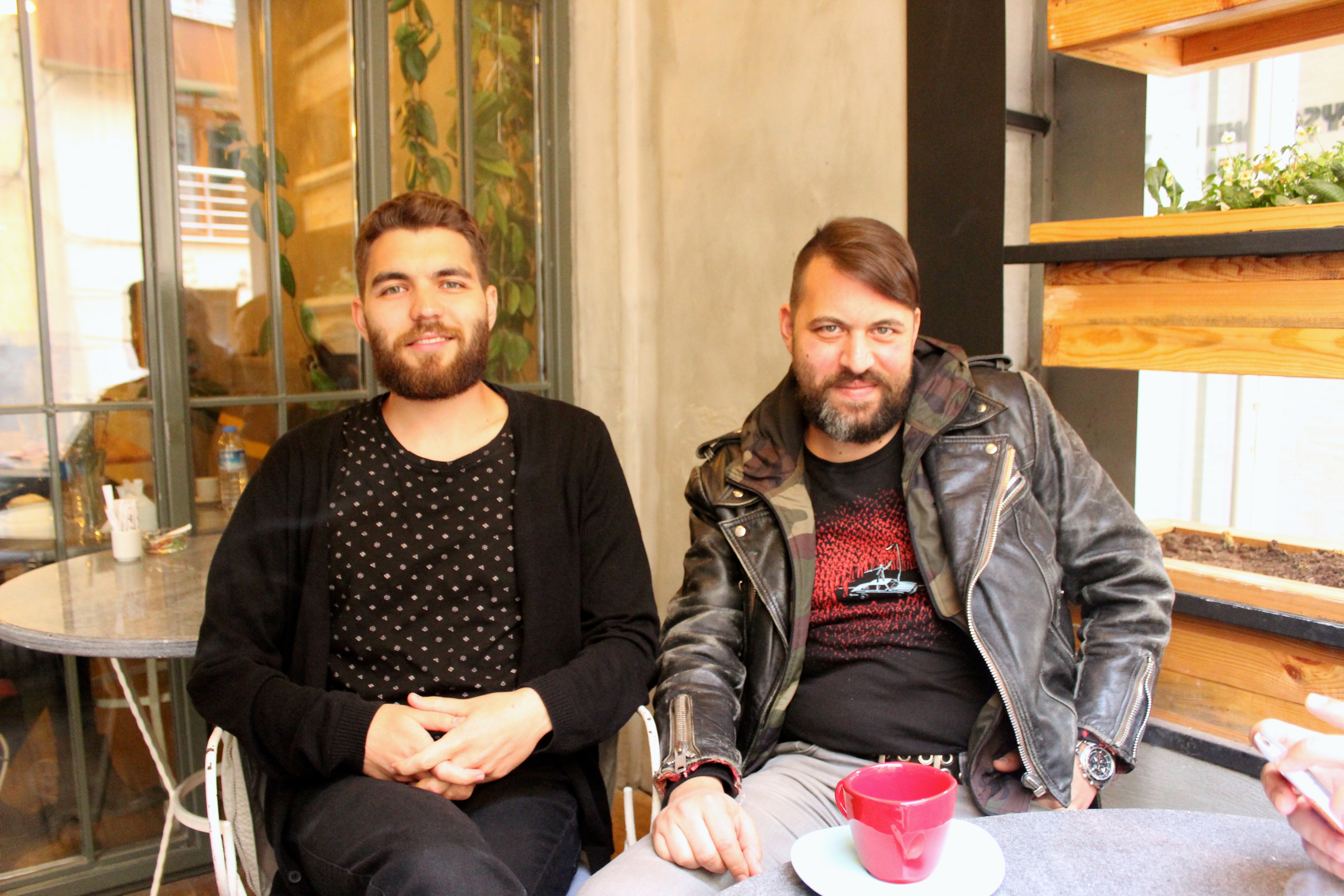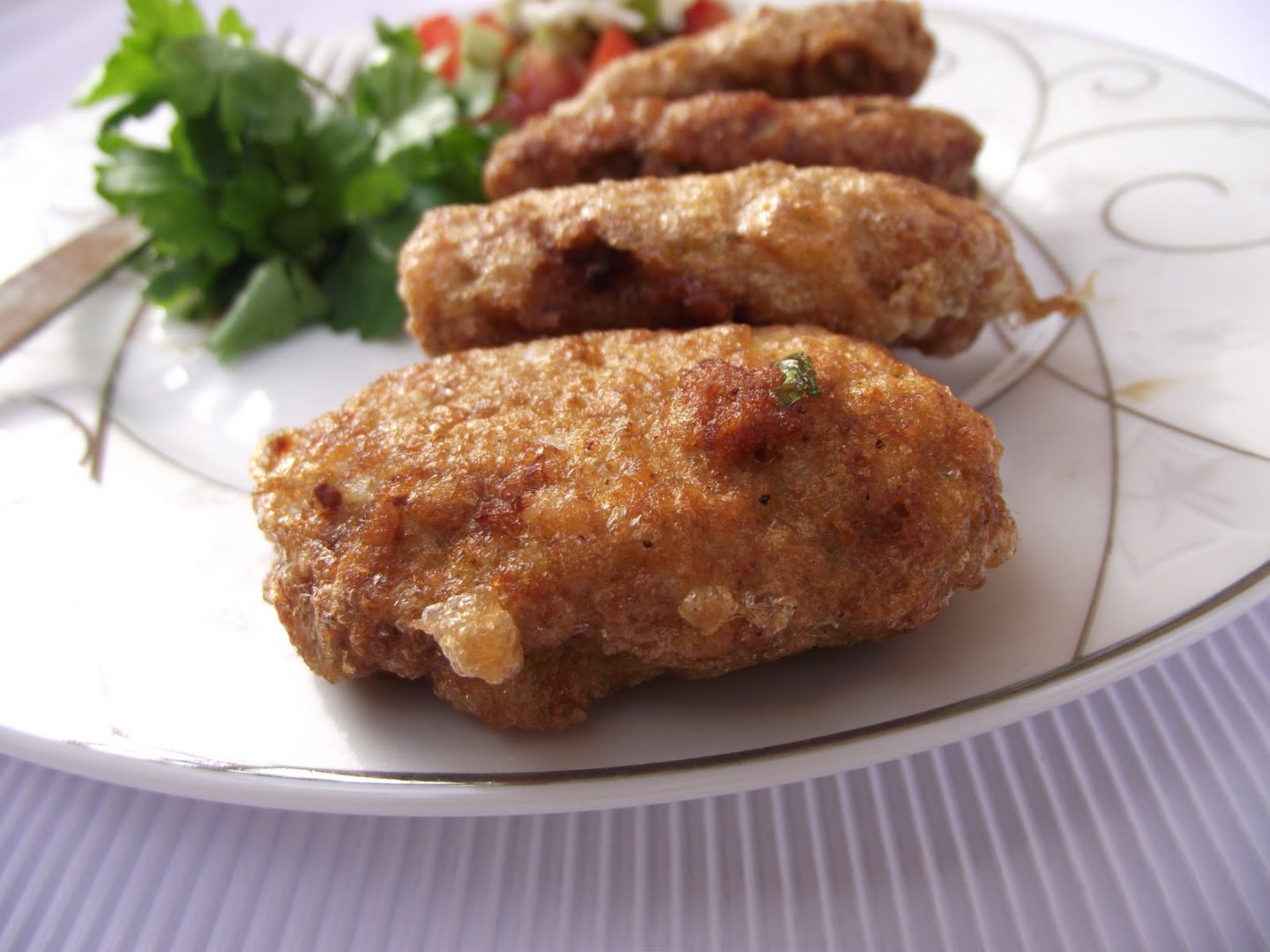If one wants to keep up with the times, it’s inevitable that one will have to take a fresh look at some archetypal traits with a gender lens. For me, this means questioning much of the living example that baba provided at home. In doing so, I’m becoming more and more like anne. My gender migration.
Turkish Vocabulary
anne – mother
baba – father
küçük cocuk – small boy
sağ olun – thank you
uff – ow
Marxloh – 1980
As a young boy, I wasn’t exactly proper: My stomach stuck out, as if it were a bit swollen, and above it one could count my thin ribs. It was at that time that pictures of small, malnourished black children from the so-called Third World flickered across television screens and made the first-world people choke on their dinner. Anne regularly dragged me to Doctor Buschmann, an elderly woman who could sing a song of war and hunger. And both women were united in the fear that I was malnourished. Anne’s fears that a vulture could grab and make off with me on the way home from kindergarten meant that I had to sit at the table until my plate was empty. For dessert was an iron-rich, blood-red drink that made my whole body twitch as I bravely choked it down.
Baba didn’t really notice any of it. Upbringing, health and childcare were, as is customary, anne’s job. He and his club had to go hunting, that is when he wasn’t in between shifts sitting at the “Men’s Cafe,” that is to say the Turkish teahouse, or snoring on the sofa in the kitchen, as we walked around on tiptoes so as not to wake him up. That was then.
Berlin – 2016
Today, the küçük çocuk is a baba himself, one who knows as little about about male-dominated teahouses, as about afternoon naps. Although there is an armchair in our kitchen, and my girlfriend sometimes wonders about the various times of the day one could potentially find me in it in horizontal mode. But aside from me wanting to pass on the inherent comfort of the melody of baba’s meditative snoring, that’s about it for our similarities. Today, the tasks are distributed differently. Everyone feels responsible for everything. Without communication, coordinating on appointments, and flexibility, the place would fall apart. Everyone takes on an equal share of the household, the children, the laundry, the kitchen, the shopping and the bills.
And when, during a fight with a stubborn bit of frying grease, I catch myself asking, “What happened to you?” What kind of man are you, anyway? What do you even look like?” and “How could it have gotten to the point that someone’s degraded you to a kitchen chef?!,” then I look inside myself and remember baba and the small village in the west of Turkey, where he grew up. I think about all the men in the cafés: young, old, how they live, how they behave, and how they view and treat women. Then I stand there, with a pot holder in my hand, and can’t help but be astonished at how small their scope, their horizon, and how small their world… ufffffff! Suddenly I double over in pain. Something got me right between the legs and knocked me out of my daydream. I look down and see my five-year-old son grinning at me cheekily. All of a sudden I get the idea: “It can’t hurt to know how to go through with considerations against someone.” And then I don’t know if I should laugh or cry.
Like mother, like son
When I saunter through the supermarket, the shopping cart packed full of the necessities, I stop for a moment in front of the textile rack and ask myself what’s on sale today. And then fish through it for underwear, socks and unspectacular t-shirts for the crowd at home. I then have to think about the bad working conditions where they’re produced. Then I feel a quiet unease and ask myself, “How many socks does a person need?”. And I end up thinking about anne. I see her in front of me, pulling her fully-packed, squeaking, two-wheeled shopping cart behind her, full of milk, flour and sugar. In between them are t-shirts and underwear from the weekly market at the August-Bebel-Platz in Marxloh – things that did nothing more than fulfil their purpose, things that none of us wanted to wear, but that everyone had to wear. And again, I doubt myself: “What am I doing here?!” I trade the socks for lactose free milk and go to the checkout.
Away from the Calm
When begin to feel insulted because the kids would rather eat fish sticks than insanely elaborately prepared ground beef-filled cabbage leaves, and sentences like “Do you have any idea how long I stood in front of the stove today?” slip out, it feels as if anne’s words are reverberating in me. Or at the dining table, when I want to force my son to finish his plate, which I’ve over-filled because I have an ungrounded fear that someday he might not have enough to eat, I should just let it go and chuckle. Because every day I notice something else, which at second glance, seems familiar. And this despite the fact that I had definitively decided that I would do a lot differently when I had my own children.
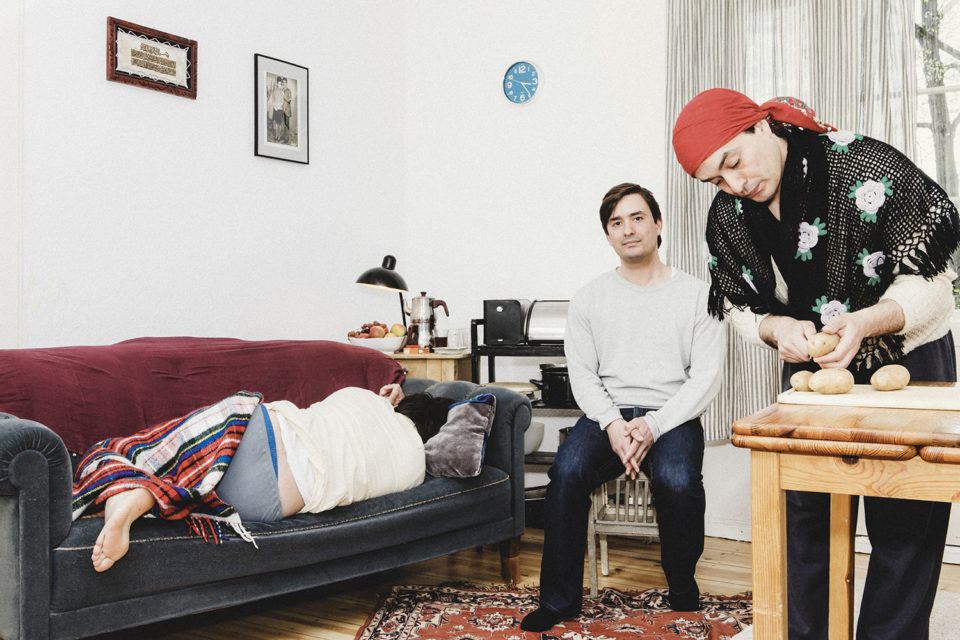 Turks are a superstitious people. Perhaps I’m being followed by anne’s curse, which she often used to say when her job with the kids, the household, the cooking, and the shopping, had once again become overwhelming for her: “I hope that you have your own kids someday, and that every day you have to think about what they should eat, and then run after them so they eat what you’ve cooked.”
Turks are a superstitious people. Perhaps I’m being followed by anne’s curse, which she often used to say when her job with the kids, the household, the cooking, and the shopping, had once again become overwhelming for her: “I hope that you have your own kids someday, and that every day you have to think about what they should eat, and then run after them so they eat what you’ve cooked.”
Forgive me anne if we were very misbehaved sometimes and didn’t value your work enough. I can understand some of it now, now I’m you, and you too, baba.
Sağ olun.
